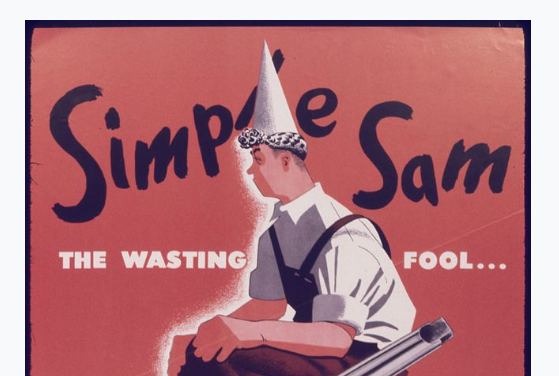It’s strange that a government so bent on removing all traces of British rule in India, and indeed all traces of earlier Muslim rulers, should have cleared three new Bills, one of which gives India’s police force power that could be described as colonial. In his book, Police and Politics in India, the distinguished Indian police officer Kirpal Dhillon has written of ruler-supportive and people-friendly police. The ruler-supportive police served those in authority and the people-friendly concentrated on serving the public. He maintained that the Indian police had deteriorated from the people-friendly ideals envisaged for them by the authors of the Constitution to becoming distinctly ruler-supportive. Dhillon wrote that “except to the extent that it can be exploited for political and personal ends by the ruling classes, Indian politicians have hardly ever shown much concern for evolving an agenda for real and effective reform in the antiquated system of policing.”

It is distressing that the three Bills, which were intended among other things to make Indian police more democratic, should have been passed in a Parliament, where most of the Opposition Members of Parliament were absent because they had been suspended by the Chair.
It might seem that the three Bills are intended to make Indian policing less colonial and more people-friendly. After all, they replaced three colonial laws. There is the Indian Penal Code, passed in 1860, three years after what the Raj called the Indian Mutiny and Indians call the First War of Independence. There is the Indian Evidence Act passed in 1872, and also the Code of Criminal Procedure originally enacted in 1898.
All three are being replaced by laws with Indian names, with the word Indian replaced by Bharatiya. But despite the nominal Indianisation, there is little evidence in them of the much-needed, fundamental reforms in the functioning of the police.
While it would be wrong to suggest that there is no value in any of the reforms introduced by the new laws, they don’t appear likely to lead to fundamental changes in the attitude to criminal law and consequent changes in people’s attitude to them, without which police reforms will flounder.
One crucial change is likely to worsen the relationship between the police and the public. That is the large extension of the time the police can hold members of the public they have arrested for enquiry until they release them into judicial custody. The BNSS expands the maximum limit of police custody under general criminal law from 15 days to either 60 days or 90 days (depending on the nature of the offence), while under our current law, police custody is limited to the first 15 days of arrest.
This can all too easily lead to more crimes which the police are already accused of all too often. There are frequent cases of mistreatment of prisoners by the police. It is well known that torture has still not been eliminated from police stations.
Violence is sometimes used to extract false denials from arrested people. There are statements to the police which are falsified. A police station is not regarded as a safe place in India and the longer anyone is held there the greater the danger he or she is in.
Many of those who have commented on the new legislation would agree with scholars, Anup Surendranath and Zeba Sikora, who wrote in The Indian Express that “given widely acknowledged concerns about the safety of arrested persons in police custody and the heightened risk of coerced and fabricated evidence after prolonged detention, this provision of the Bharatiya Nyaya (Second) Sanhita 2023 is a shocking expansion of police power”. That means the Bills are a reversion to the colonial police that Kirpal Dhillon wrote about, the police force that is supportive of the ruler.
The views expressed are personal
Continue reading with HT Premium Subscription
Daily E Paper I Premium Articles I Brunch E Magazine I Daily Infographics
















